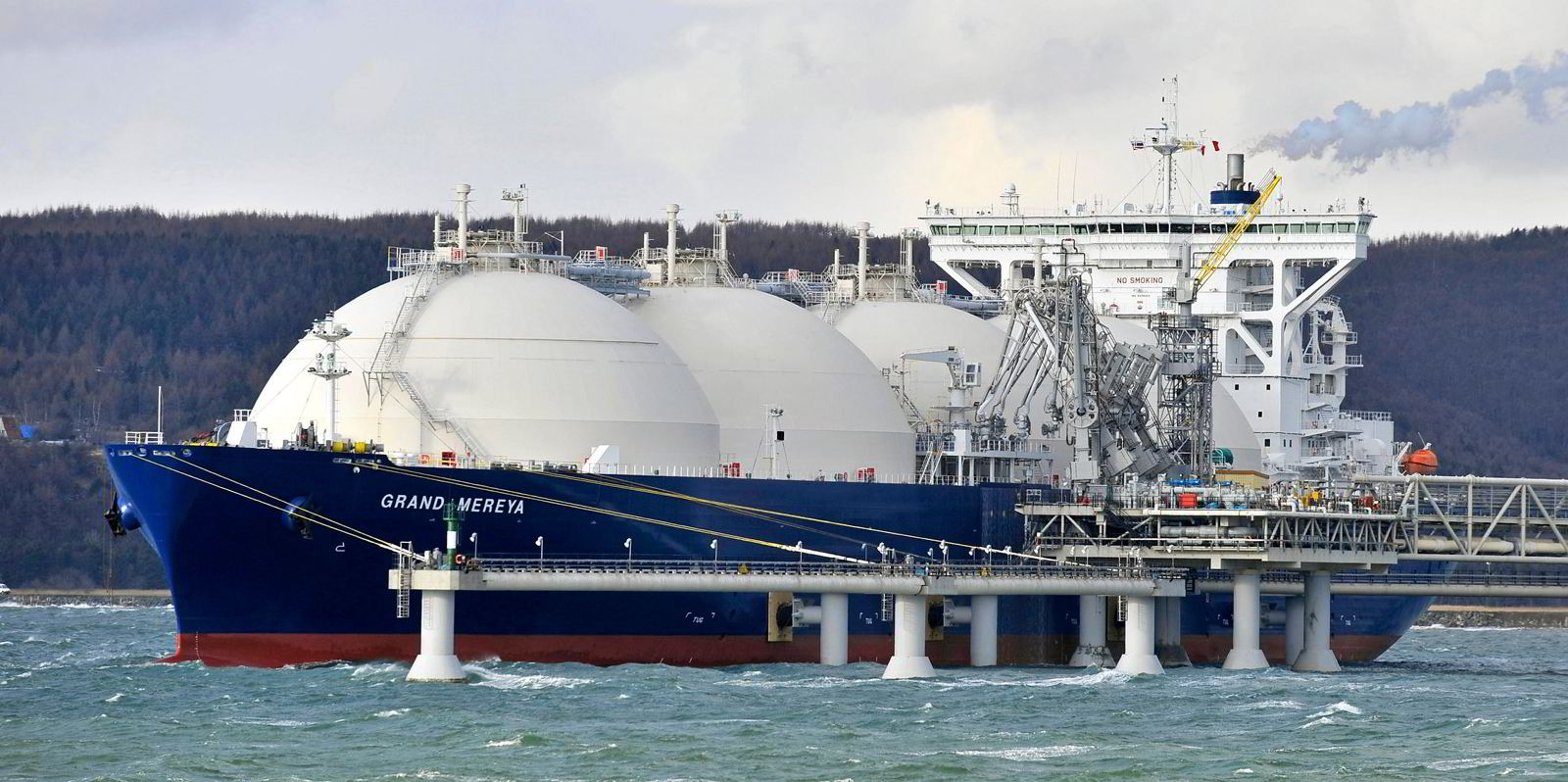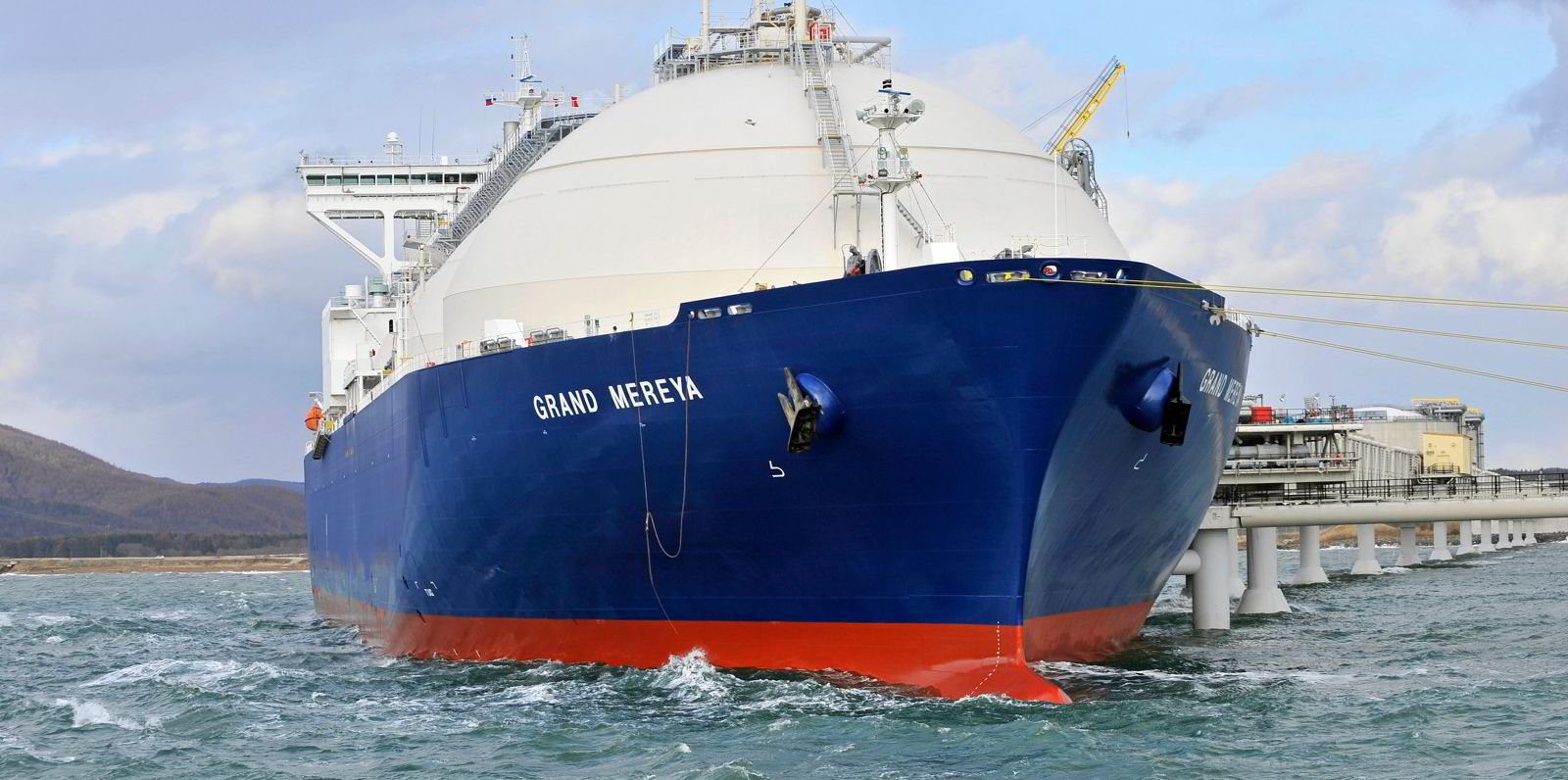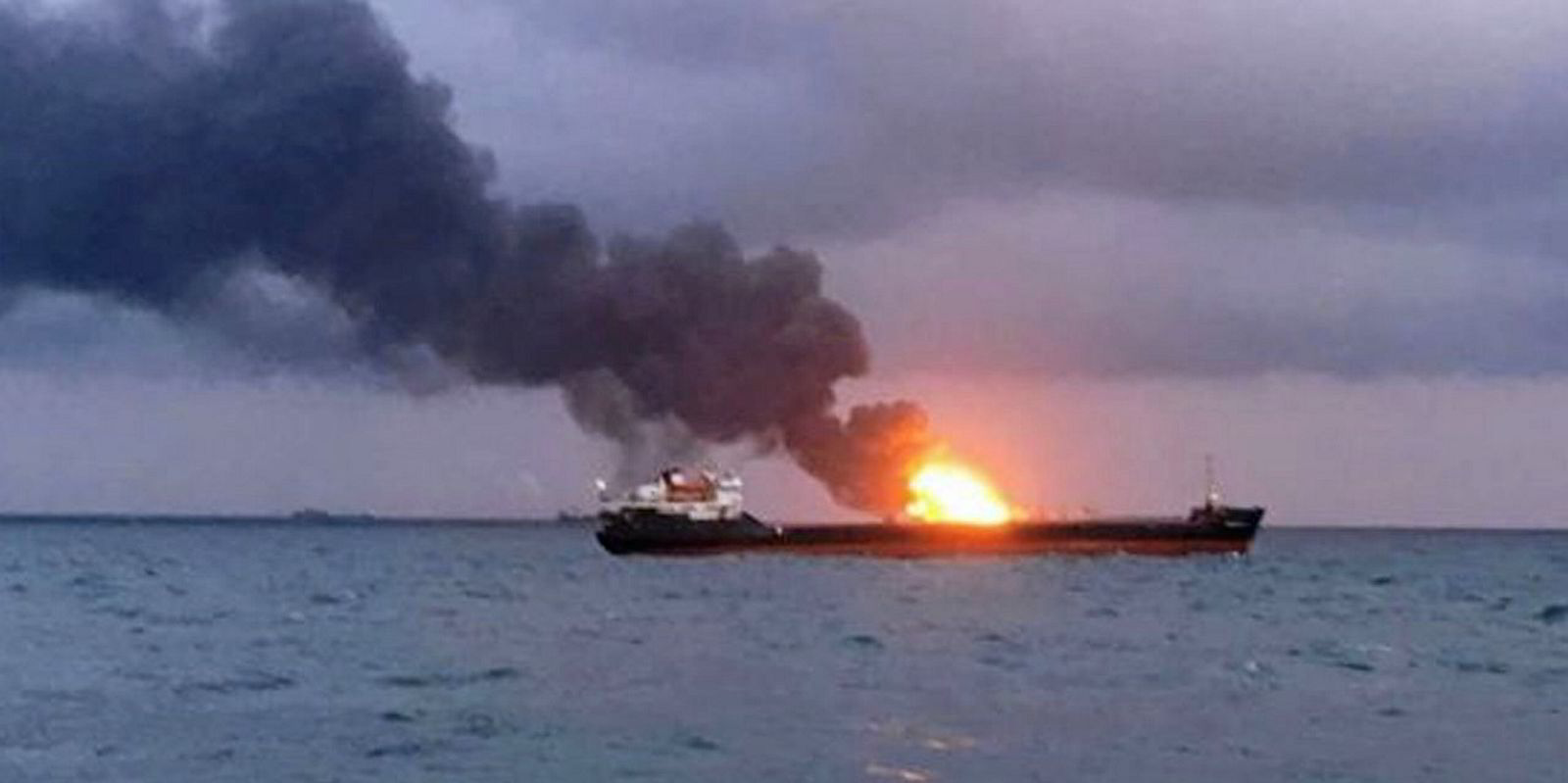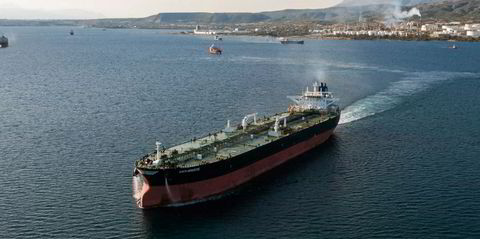A potential crisis over war risk insurance cover for LNG carriers operating on the Russian Sakhalin-2 LNG export project to Japan has been resolved.
Reinsurers said they would put a Russian conflict exclusion clause on cover provided to Japanese underwriters of the war risk policies for three LNG carriers trading on the project. The clause applies to all Russian ports.
The exclusion clause was due to come into force when the reinsurance terms were renewed on 1 January.
Without the backing of reinsurers Tokio Marine & Nichido Fire Insurance, Sompo Japan Insurance and Mitsui Sumitomo Insurance were left with too much risk to provide cover.
There was concern the ships would have been left without all-important war risk cover which has become critical during Russia’s conflict with Ukraine.
The Japanese government told the underwriters to try to find a solution amid fears that the country would be left without critical energy supplies during the winter months. Sakhalin-2 is run by Russia's Sakhalin Energy.
Last minute negotiations have been continuing between the Japanese underwriters and reinsurers before the 1 January deadline.
According to numerous local media reports a solution has now been found that will allow the Japanese war risk underwriters to extend cover to the ships.
War risk insurance is an extra layer of cover that can include hull, cargo and protection and indemnity exposures and provides cover for losses related to acts of war.
Japan’s NYK Line has committed two LNG carriers to the Sakhalin-2 project, the 14,700-cbm Grand Elena (built 2007) and the 14,700-cbm Grand Aniva (built 2008). Mitsui OSK Lines and K Line jointly operate the 14,700-cbm Grand Mereya (built 2008) on the trade.
Many leading reinsurers have been adding a Russian conflict exclusion clause to their contractual terms with primary insurers which will apply from 1 January.
The move effectively limits the ability of insurers to offer war risk cover for ships trading to all Russian ports, the Ukraine or Belarus.
Marine insurers have had to readjust terms on their policies. International Group of P&I Clubs member clubs have now removed war risk cover in the conflict zone from their fixed premium business.
War risk underwriters are also being more selective over vessels they cover which are trading to the region because their capacity to take risk has been reduced by the reinsurers' retreat.






